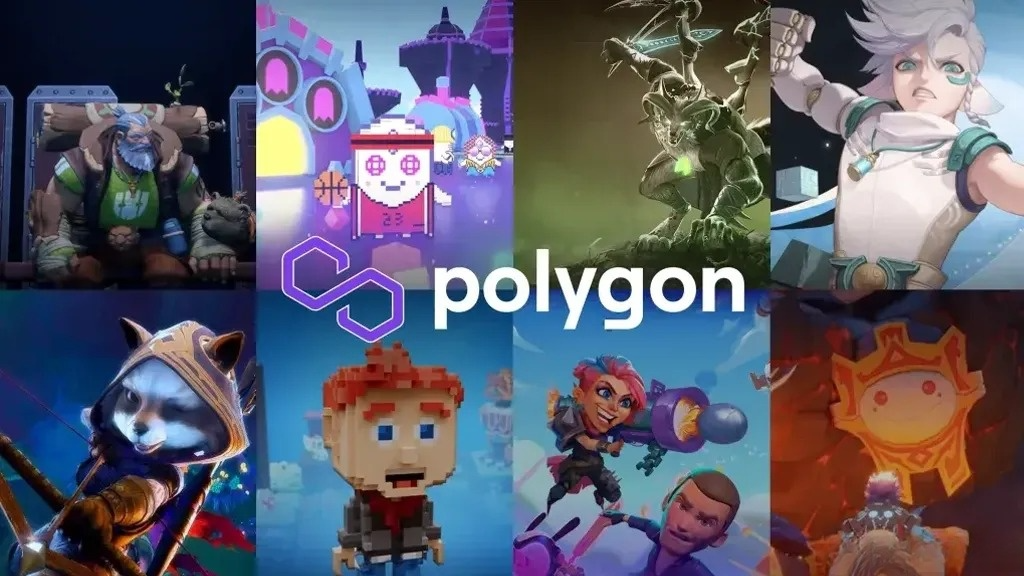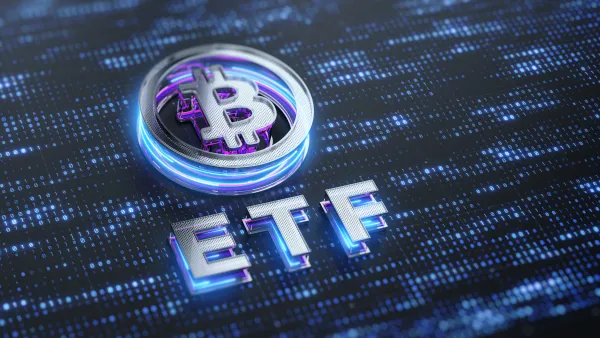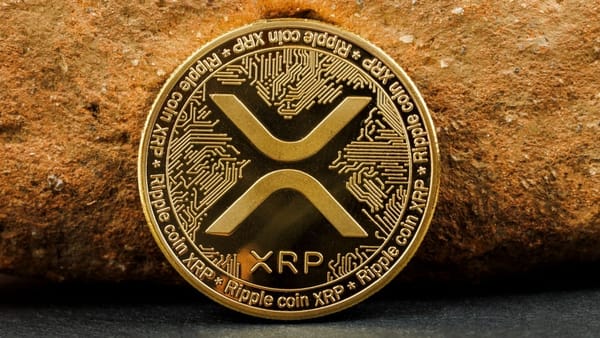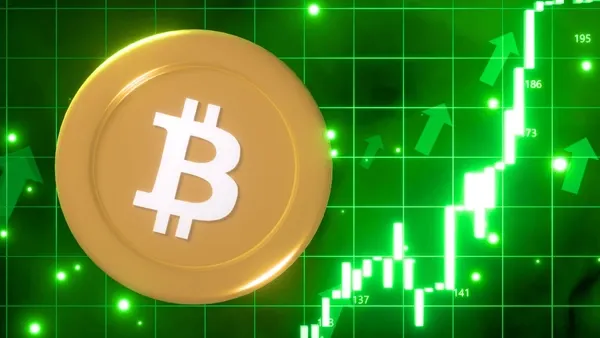2023 Blockchain Games Bring New Quality and Excitement

In 2023, there's a growing interest in sustainable blockchain games, and it may be the year we start seeing answers regarding whether high-quality games will utilize blockchain technology effectively.
Urvit Goel, Vice President of Games at Polygon, recently discussed how blockchain companies are striving to make this a reality.

"In the gaming sector, 2023 will be the year when blockchain and gaming are evaluated based on all promises of amazing games. We need to start seeing some of those games. There will be enough data to begin making quality assessments. Many of these developers are stealthily still yet to launch products," said Goel.
Polygon has been at the forefront of Web3 gaming with its recent integration of the renowned NFT marketplace, Magic Eden, and leading games like The Sandbox and Decentral Games.
Goel joined Polygon about a year ago, transitioning to Web3 after a decade at Amazon in various gaming-related roles. He leads Polygon's gaming division, aiming to promote the application of blockchain technology by game developers. He reports to Ryan Wyatt, formerly head of YouTube Gaming and now overseeing all matters at Polygon.
A $100 million Fund

Goel's role involves connecting developers with technology and markets to build better products. Polygon has established a $100 million fund to invest in Web3 gaming and other sectors. Additionally, Polygon has raised $450 million and hired YouTube Gaming's Ryan Wyatt to develop its blockchain gaming platform.
Goel believes that the blockchain gaming industry is approaching maturity. In the initial years, amidst the blockchain and cryptocurrency boom, many focused on financial opportunities, which gamers perceived as noisy.
"With the bear market, 'true builders' who have been working for many years are overcoming and eliminating much of the noise," Goel said. "What remains are high-quality builders in the space, committed to creating exciting and fantastic experiences for customers. These are well-funded teams capable of building great games. Or they are large Web2 developers with ideas about Web3 who can continue to build. I don't see a slowdown."
Regarding competition among blockchains, he believes we'll witness multiple successful blockchains. He doesn't view others as competitive rivals but rather sees the primary task as evangelizing technology to make more people ready to embrace Web3 gaming. Different blockchains are experimenting with various approaches.
"The rising tide lifts all boats because we're in this mission phase, where there are so many challenges. We've seen what doesn't work quite clearly. And if we continue through these experiments, we might find what does work. It's akin to how mobile games exploded," Goel commented.
Recovery Mode
Goel acknowledged that the FTX incident is undoubtedly a negative event enveloping the industry. He noted the distinction between centralized exchanges and genuine blockchain technology support, stating repercussions from FTX will take months to unfold.

The $100 million fund is an ecosystem fund focusing on various sectors, including gaming, where the company deploys capital for game developers. The fund is active, and the company is evaluating builders applying for it. Goel stated the fund has made hundreds of investments to date.
"The idea behind it is there are many Web3 native builders who need support, they need capital," he said. "We're fortunate to be in a position to deploy a portion of our fund to support the ecosystem. It gives builders confidence seeing us support them."
Other funds are also pouring money into blockchain games, which will be beneficial as Polygon doesn't plan to fully self-fund blockchain game studios.
Goel noted that blockchain games have been resilient, with the number of active wallets steadily increasing in recent months. Games are capturing a significant portion of all blockchain transactions, according to DappRadar.
"This field is down but has been maintained quite robustly. The argument is players will play games whether we're in a bull market or a bear market."
It reminds him of the early days of free-to-play games, where players began buying premium items.
"We're still in the early stages of blockchain games. So, if you zoom out a bit, it's like making predictions about mobile games in 2000—before the iPhone."
Negative Gamer Reaction
Goel admitted that many Western gamers have expressed negative reactions to blockchain games as schemes and financial games rather than fun.
"There's a lot of focus on technology over available experiences," he said.
He noted there's a "cultural movement" around owning images of apes worth hundreds of thousands of dollars. People don't want to lose that type of money. But he believes players want to own digital assets they've invested in rather than just rent them. He said, "If players invest in their digital assets, they can sell or trade them for profit."
Today's challenge lies in that blockchain games companies may not have demonstrated greatness. You need a leap of faith and a longer view.
There was a fierce reaction to free-to-play games on mobile devices a decade ago. But it opened up games to the gaming industry and now dominates market revenue. The first free-to-play games developed in Asia, where consumers had no negative views about collecting.
Ultimately, new great experiences matter most. No one cares about technology as an end user. So, blockchain game projects need to change, improve this when launching products to market.
A Young Market
Goel said he hadn't thought about different demographics of the blockchain game-playing population because the industry is still too small. There's a team of blockchain enthusiasts who understand cryptocurrency and not enough blockchain games on the market. Startup gaming companies and independent studios will lead in blockchain game development because they're not afraid to apply new technologies.
And creating new types of games is better than launching equivalent blockchain games to Call of Duty.
"You'll continue to see large amounts of funding pouring into blockchain games. I'm optimistic about blockchain games; there will be projects that make waves in this market at some point."
Big Challenge
Of course, nothing is easy.
Yosuke Matsuda, CEO of Square Enix, announced he would resign and promote a younger CEO to the top position in June 2023. He's been a strong supporter of blockchain games and has sold off the company's Western studios to focus on new technologies. (It's unclear if the new CEO will focus on blockchain games.) There are still relatively few active wallets in blockchain, and funding may dry up if economic downturns begin to damage companies more.
Blockchain companies are also competing to attract gaming customers, with ImmutableX poaching studios from both Solana and Polygon, etc.
Goel noted that some of the largest companies in South Korea and some of the largest game companies in Japan are still putting their intellectual property into the blockchain space.
Meanwhile, this industry needs to improve its infrastructure, whether it's marketplaces, data analytics, wallets, or payment solutions. Game companies don't need to do this; they just need to inherit to use and focus on games.
The Blockchain Metaverse
Regarding the intersection of blockchain games with the metaverse, Goel said games and the metaverse have a very close relationship because some of the earliest metaverse experiences are games that people have been attached to for a long time.
The metaverse trend will continue, with large investments from companies spending tens of billions of dollars. Subsequently, there are companies building on Web3, where they believe in a decentralized metaverse. We'll see larger companies joining this space, and I believe there will be games and experiences gamified in the metaverse. But we still haven't seen a truly impactful metaverse. It will take time.



